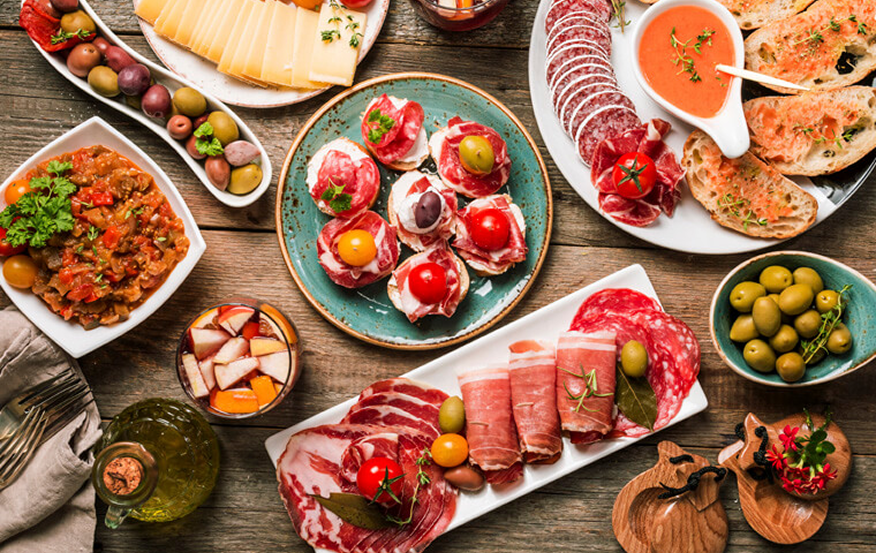6. Regional Culinary Highlights
Each region of the UK has unique culinary traditions and specialties. In Scotland, haggis, smoked salmon, and whisky pairings are popular, while Wales is known for laverbread, cawl, and Welsh cakes. Northern Ireland features dishes like Ulster fry and soda bread, while England’s regions offer everything from Cornish pasties to Yorkshire puddings.
Advertising
Gastronomic tours often focus on these regional specialties, allowing visitors to explore local culture through food. Sampling regional delicacies provides insight into historical, agricultural, and cultural influences on British cuisine.
7. Culinary Festivals and Events
The UK hosts numerous culinary festivals and events that celebrate food and drink. Events such as Taste of London, Edinburgh Food Festival, and the Manchester Food and Drink Festival showcase local and international cuisine, offering workshops, tastings, and interactive experiences.
These festivals allow participants to meet chefs, learn cooking techniques, and discover new ingredients. They also create social experiences, encouraging networking, collaboration, and the exchange of culinary knowledge.
8. Sustainable and Ethical Dining
Sustainability is increasingly important in the UK’s culinary scene. Restaurants, cafés, and markets prioritize locally sourced ingredients, ethical farming practices, and minimal food waste. Vegan and vegetarian options are widely available, reflecting growing awareness of health and environmental concerns.
Sustainable dining enhances the gastronomic experience, allowing visitors to enjoy high-quality meals while supporting responsible practices. This approach also emphasizes the connection between food, culture, and environmental stewardship.
9. Personalized Gastronomic Tours
Gastronomic tours in the UK can be tailored to specific interests, such as coffee tasting, cheese sampling, seafood exploration, or international cuisine. Guided tours often include behind-the-scenes visits to kitchens, breweries, and food markets, providing an immersive and educational experience.
These tours encourage participants to engage with local producers, learn about cooking techniques, and understand the history and culture behind each dish. Personalized tours also accommodate dietary preferences and highlight hidden gems that might not be discovered independently.
10. Conclusion
The United Kingdom offers a rich and diverse gastronomic landscape, from traditional British dishes to modern international cuisine. Cafés, restaurants, markets, and food festivals provide opportunities to explore flavors, experience culture, and socialize.
Gastronomic tours allow visitors and locals to enjoy a comprehensive culinary journey, combining taste, education, and entertainment. Whether savoring classic fish and chips, sampling innovative fusion dishes, or exploring artisanal markets, the UK offers unforgettable culinary experiences that reflect its history, diversity, and creativity.
Through these tours, gastronomy becomes more than just eating—it becomes a way to connect with culture, community, and tradition, making the United Kingdom a destination for every food enthusiast.
